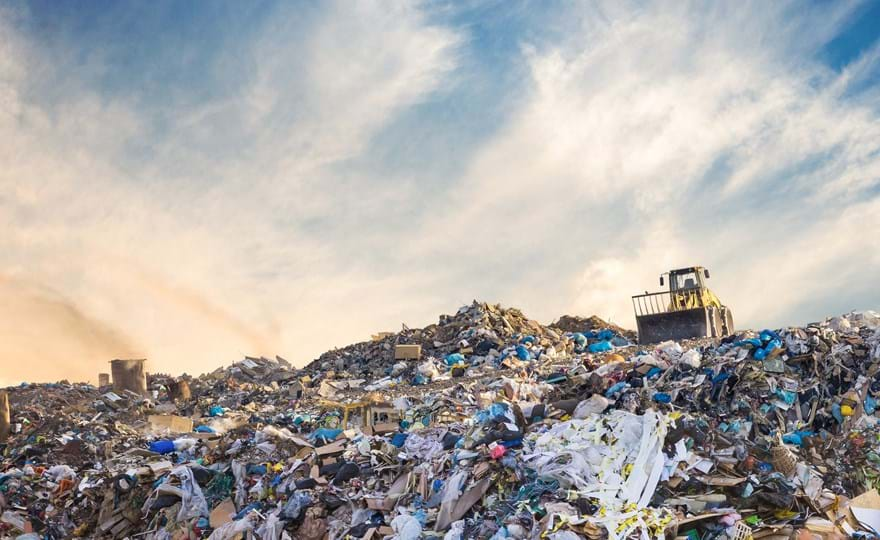ClientEarth Communications
28th March 2024


Public alarm about single-use plastics and awareness about the damaging effects of plastic pollution has never been higher. But in the last few years, fossil fuel and petrochemical businesses have been pouring billions of dollars into new plants intended to make millions more tonnes of plastic than they now pump out.
These industries have found a way to monetise the possibility that a global response to climate change might reduce demand for fossil fuels: their plan B is plastic.
Petrochemicals, the category of oil refining that includes plastic, now account for 14% of oil use, and are expected to drive half of oil demand growth between now and 2050. The World Economic Forum predicts plastic production will double in the next 20 years.
Plastics and petrochemical production threaten our climate, oceans, wildlife and human health. The process to make them releases toxins that cause cancer and a range of other severe illnesses. As with many social problems, the poorest and most vulnerable people are often worst affected by this environmental disaster.
Governments have allowed producers to push the costs of plastics clean-up onto taxpayers, as local councils and health services pick up the tab. But ClientEarth’s lawyers are dedicated to using the law to protect people and the planet - and are fighting back.
We use the law to protect your health and our shared planet from dangerous petrochemicals. We need to force real action from the fossil fuel businesses refusing to face up to the realities of climate change. We want to reduce the production of unnecessary plastics worldwide, increase the safe recycling of plastics, and step up scrutiny of petrochemical plants - starting with Ineos' plastic project in Antwerp.
The company is gearing up to build a €3bn plastics plant in the Port of Antwerp, wedged between The Netherlands and Belgium. This will cause a spectrum of bad environmental news, the bare minimum of which has been addressed by Ineos.
As it stands, lentil-sized plastic pellets, which is what these plants manufacture, are leaking into protected conservation sites from Ineos’s existing plants in the port, and can be eaten by wildlife. What’s more, the air pollution issues caused by the plant’s high stacks currently go unchecked. And these are just the local problems – the broader issue is the climate impact of a plastics industry that the fossil fuel industry is fighting to grow.
